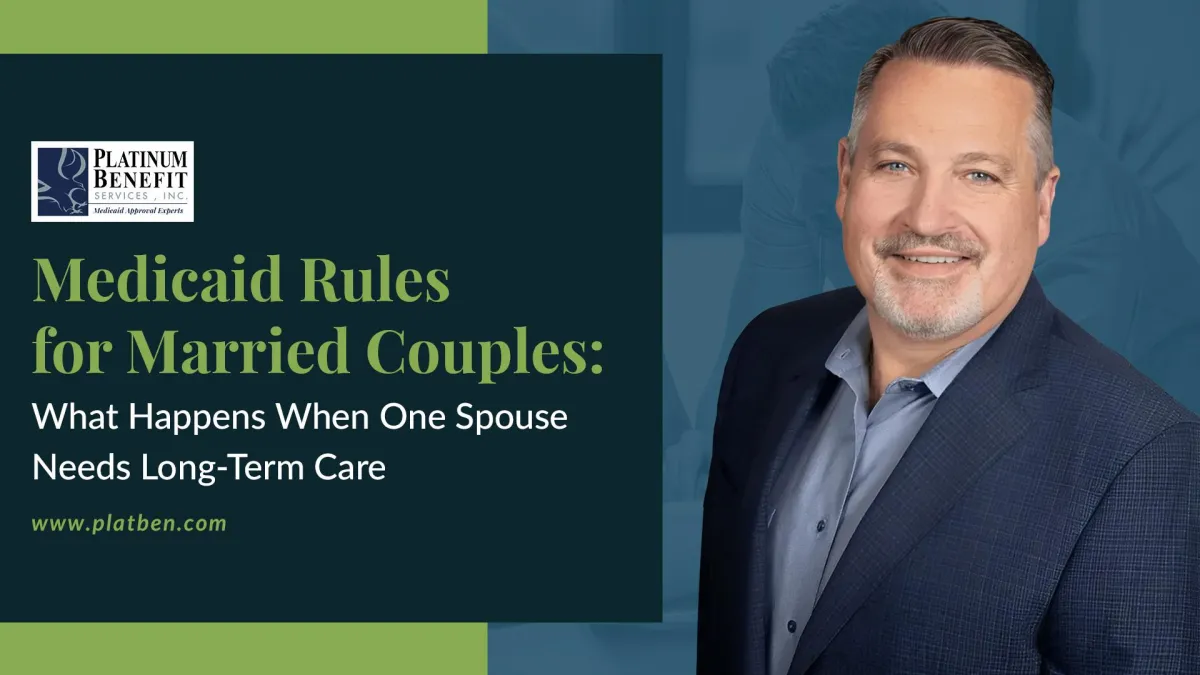
Medicaid Planning for Married Couples in Florida: Protect Your Assets
How does Medicaid assess a couple's finances when one spouse needs long-term care?
In Florida, both spouses' assets are counted for eligibility calculations, regardless of whose name they're under. The state allows a Community Spouse Resource Allowance (CSRA) of approximately $154,000 (as of recording). After calculating all countable assets, this amount is deducted, allowing the community spouse to retain these funds. Any amount above this threshold must be reorganized into non-countable categories for qualification.
What is the spousal impoverishment rule and how does it protect couples?
The spousal impoverishment rule was established to prevent the impoverishment of community spouses. Previously, Medicaid didn't provide credits to community spouses, leading them to eventually require Medicaid themselves. Now, the community spouse can maintain a set amount of assets, adjusted annually for inflation. Additionally, through spousal diversion, the community spouse can access funds from their institutionalized spouse's income if their monthly income falls below approximately $2,200, with potential adjustments up to $3,800 based on housing expenses.
What legal options exist for protecting assets through spousal refusal?
Florida allows for a "Just Say No" or spousal refusal option, specifically for nursing home care. The community spouse can legally refuse to pay for their spouse's care while retaining their assets. This requires proper documentation and specific procedures, including transferring assets to the community spouse first and signing appropriate statements. While Florida has the right to pursue the refusing spouse for payment, they historically haven't done so in thousands of cases.
What legal documents are essential for couples facing a potential care crisis?
A quality durable power of attorney is crucial, particularly if one spouse becomes incompetent to make decisions. Generic or basic powers of attorney often prove insufficient for asset protection. Generally, more comprehensive powers of attorney (often 15+ pages) better serve families' needs compared to brief, basic versions (2 pages).
Can couples protect their assets from being depleted by long-term care costs?
With proper planning and professional guidance, Florida residents can protect virtually all their assets except for legal and planning fees. While other states may have stricter regulations limiting asset protection to 50-60%, Florida allows for comprehensive asset protection through various legal strategies of converting countable assets to non-countable ones.
How does professional Medicaid planning help families navigate the system?
Professional planning helps families understand their options and rights under Medicaid rules. Many families initially receive incomplete information and believe their situation is hopeless. However, with proper guidance, they can often protect their inheritance and avoid impoverishment. Sometimes, this involves challenging Medicaid's interpretations of rules through fair hearings or even appeals court cases to ensure proper application of regulations.


